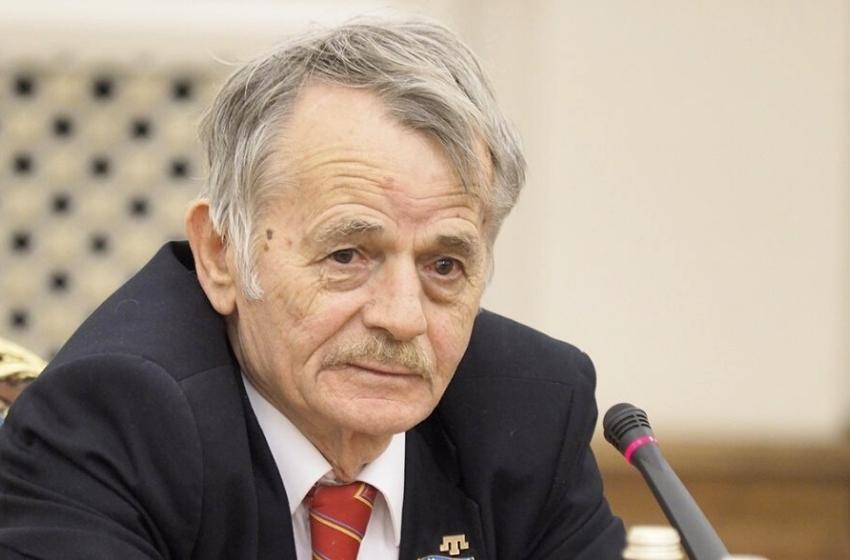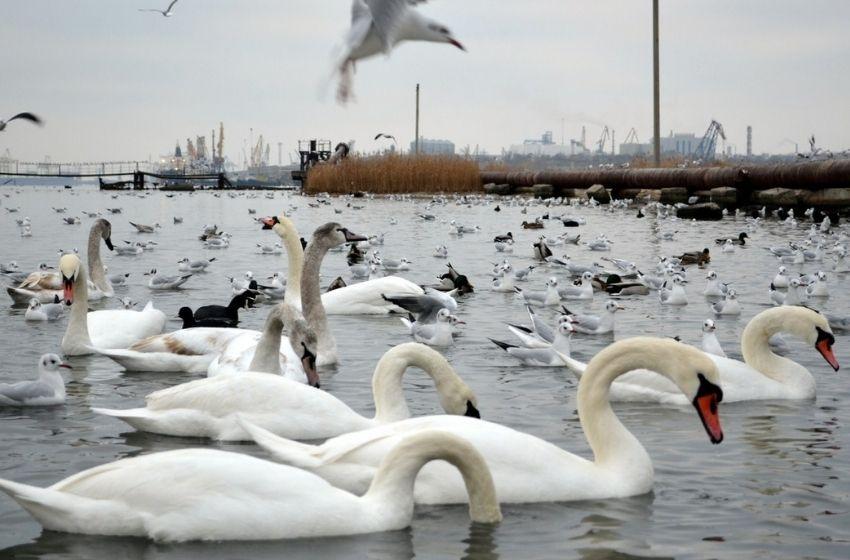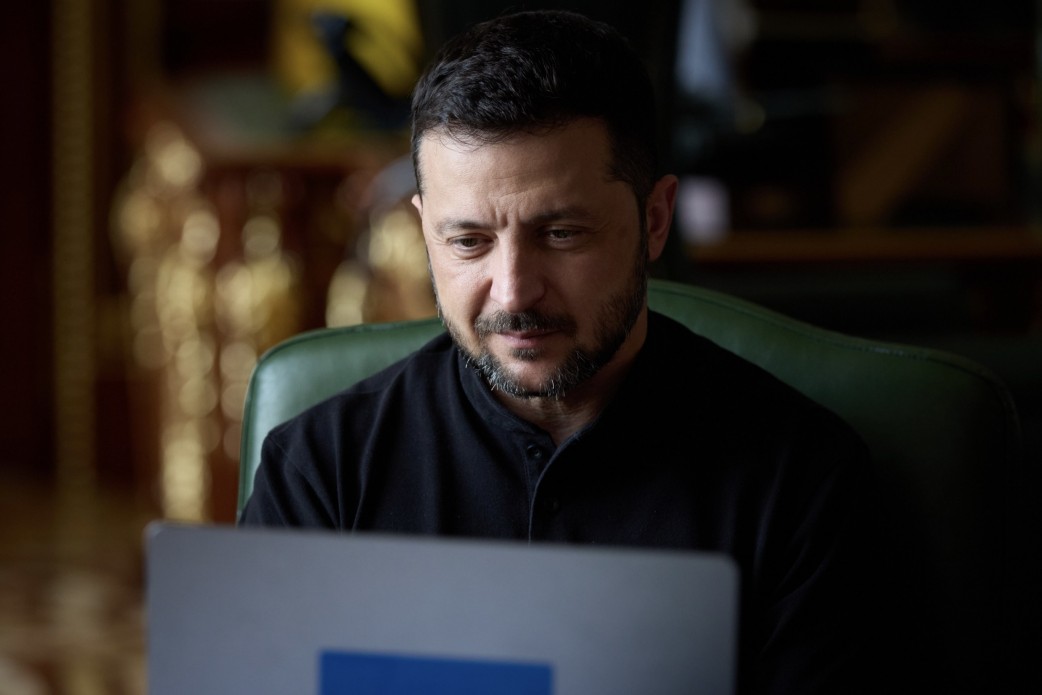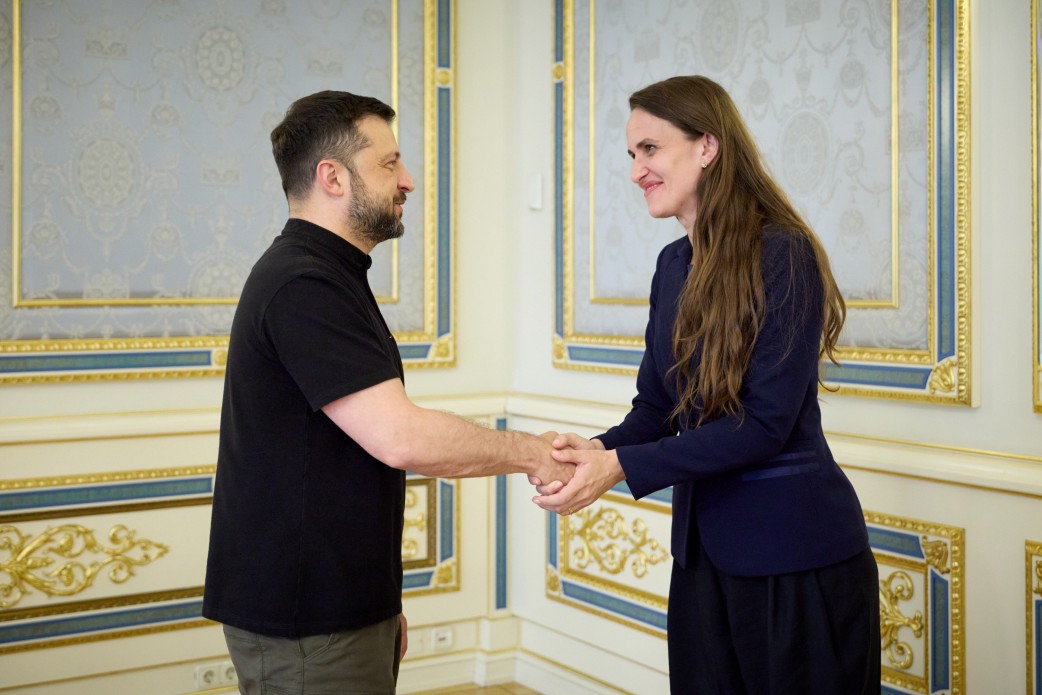Comment of the MFA of Ukraine in connection with the illegal decision on conditional imprisonment of a citizen of Ukraine, the leader of the Crimean Tatar people Mustafa Dzhemilev.
The Ministry of Foreign Affairs of Ukraine protests against the decision of the so-called "Armenian City Court" to impose a suspended sentence of two years and a fine of 35 thousand Russian rubles for the leader of the Crimean Tatar people Mustafa Dzhemilev, who was unjustifiably found guilty of "illegal storage of ammunition", "improper storage of weapons" and "illegal border crossing".

This is not the first attempt by the Russian occupation administration to restrict the freedom of Mustafa Dzhemilev, who is systematically politically persecuted and has been illegally denied entry to Crimea until 2034.
The so-called "courts" are pursuing a purposeful policy of Russia to persecute the Crimean Tatar people and its leaders in order to expel the indigenous people from Crimea.
In doing so, the Kremlin became a worthy successor to the criminal policy of the Soviet regime, which in 1944 deported hundreds of thousands of Crimean Tatars, including Mustafa Dzhemilev and his family from the native Crimean land. Due to his struggle against Soviet policy, the leader of the Crimean Tatar people spent 15 years in prison and is now fighting again for the right of the indigenous people to live in Crimea.
The Russian occupation administration continues other Soviet Union’s repressive practices – since the beginning of the temporary occupation, 44 people have become victims of enforced disappearances in Crimea, more than 120 Crimean residents are behind bars and more than 64,000 Ukrainian citizens have been forced to leave the peninsula.
The Russian Federation must end any further political persecution of the Crimean Tatar people and repeal all politically motivated decisions against Mustafa Dzhemilev.
We call on our international partners to condemn such actions by the Russian Federation and to impose sanctions on those who systematically violate the rights of Ukrainians on the temporarily occupied territories.





















